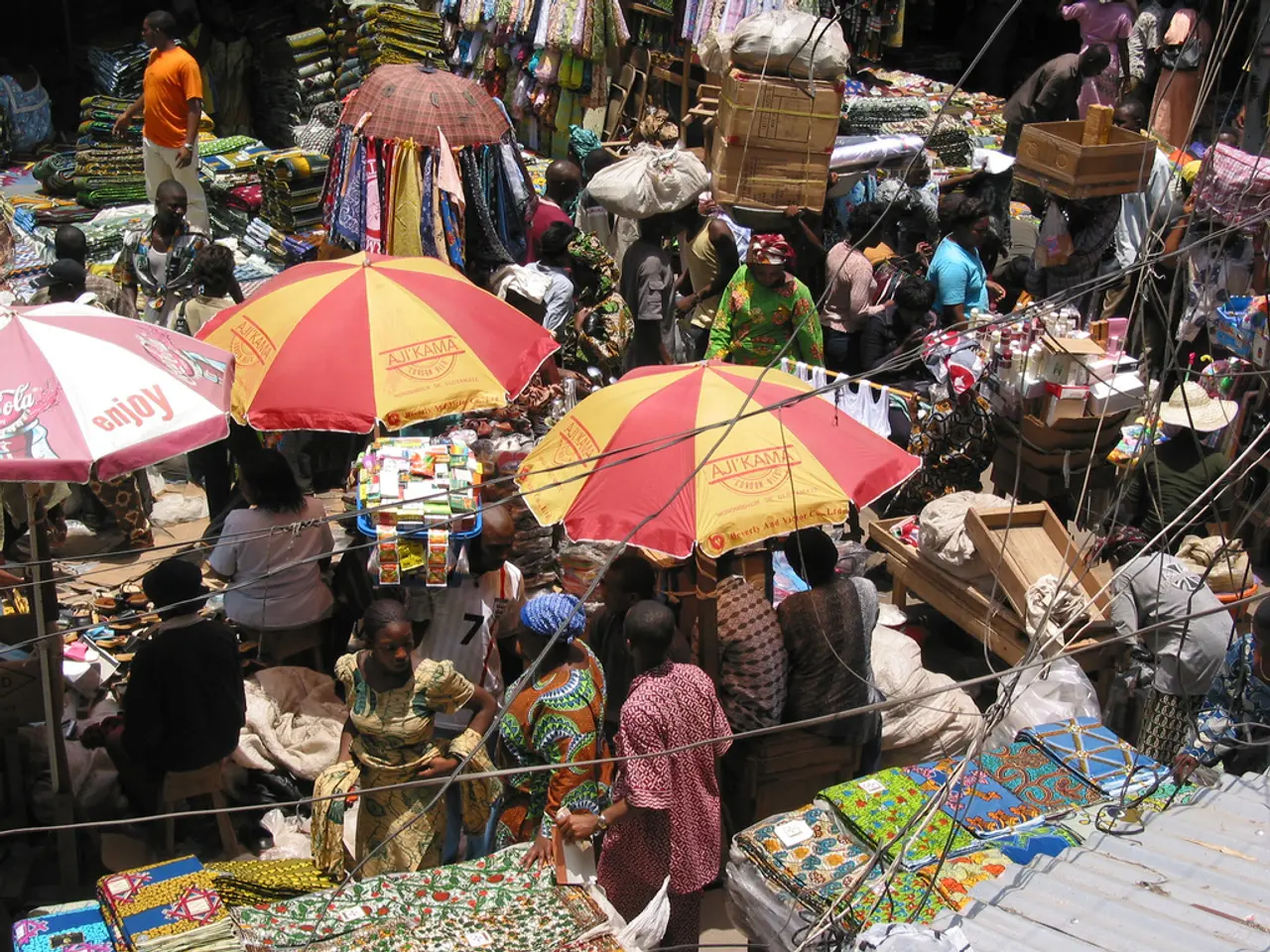Identifying Signs of Money Laundering in Car Transactions
In the world of luxury vehicles, dealers must be vigilant against money laundering activities. With large sums of money at stake, weak regulatory oversight, and low awareness of Anti-Money Laundering (AML) requirements among dealers, luxury transport such as yachts and supercars attract criminals seeking to launder illicit funds [1].
One notable instance of this occurred in 2016 and 2017, when European prosecutors confiscated assets worth $27 million from Mr. Obiang Mangue, including 26 supercars [2]. In another case, US law enforcement arrested Bryan Barbarawi, the owner of several car dealerships in Ohio, for money laundering in 2015 [3].
To combat money laundering, dealers should establish an AML compliance program. This program should include customer identification and verification, customer due diligence, ongoing monitoring, a compliance team, AML training, and audits [1]. Dealers must also screen buyers against lists of known terrorists, sanctioned persons, and wanted criminals [1].
Dealership employees should be able to detect the signs of money laundering, such as third-party payments, large amounts of cash, documents with inconsistencies, and buyers located in countries with weak AML regimes [1]. When dealing with customers, businesses must follow a risk-based approach [1]. High-value dealers, defined as businesses or sole traders that accept or make cash payments above a certain threshold, are classified as such and must comply with AML regulations [4].
In the UK, high-value vehicle dealers are classified as "high-value dealers" under AML regulations and must comply with the Money Laundering, Terrorist Financing and Transfer of Funds (Information on the Payer) Regulations 2017 (as amended) [5]. Key AML requirements include Customer Due Diligence (CDD), Suspicious Activity Reporting, Enhanced Due Diligence, Record Keeping, and a Risk-based Approach [5].
In contrast, Australian dealers face imminent regulatory expansion to similar standards starting July 2026. Currently, dealers of high-value goods, including vehicles, are not fully bound by AML/CTF obligations but are recognized as a risk area exploited by criminals for laundering illicit funds [4]. Once enacted, Australian dealers will need to implement proportionate AML programs based on their exposure, including customer identification, suspicious transaction reporting, and record-keeping [4].
Verifying documents submitted by foreign buyers can be achieved by reaching out to a remote verification provider. Dealers must also verify the identities of the individuals and companies they transact with, and determine the Ultimate Beneficial Ownership (UBO) of a company when dealing with a corporate buyer [1].
Failure to detect money laundering can result in significant fines and criminal prosecution for dealers, law firms, banks, and high-value dealers under AML regulations [6]. It is crucial for dealers to hire specialists responsible for executing the company's AML policies and procedures to ensure compliance and protect their business from being used for money laundering activities.
References:
[1] https://www.fca.org.uk/news/speeches/anti-money-laundering-and-counter-terrorist-financing-the-role-of-the-financial-services-sector
[2] https://www.reuters.com/article/us-equatorialguinea-corruption-idUSKBN17W0M9
[3] https://www.justice.gov/opa/pr/ohio-car-dealer-pleads-guilty-conspiracy-commit-money-laundering
[4] https://www.austrac.gov.au/regulatory/risk-assessment/high-value-goods-and-services-sector
[5] https://www.gov.uk/government/publications/money-laundering-and-terrorist-financing-regulations-2017/money-laundering-and-terrorist-financing-regulations-2017
[6] https://www.fca.org.uk/firms/financial-crime/anti-money-laundering/fines-and-penalties
In light of the lucrative nature of sports and large sums of money involved, sports dealers should also be mindful of potential money laundering activities. To maintain a clean reputation and avoid legal repercussions, it is important for sports dealers to follow AML regulations by establishing a compliance program, verifying customer identities, and screening buyers against lists of known criminals.





